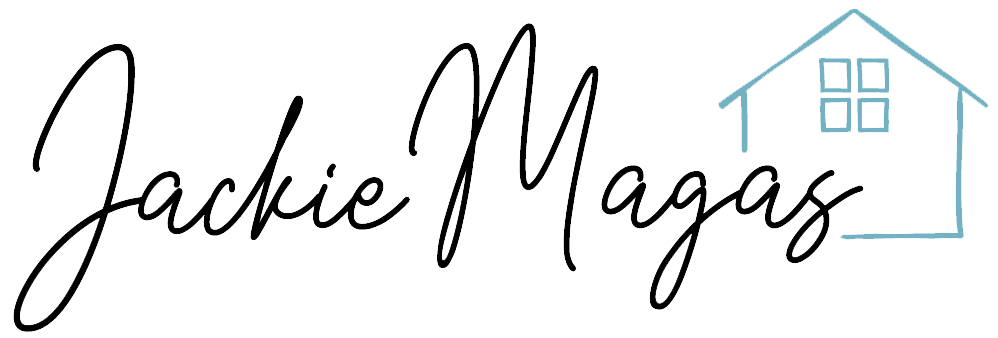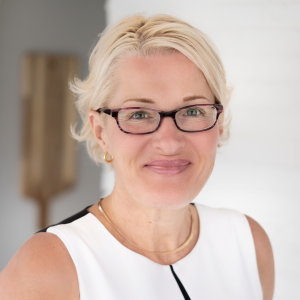When selling your home, setting the right asking price is one of the most critical decisions you will make. Often, the price is the first thing potential buyers notice, and it can determine whether they consider your home at all. If your home is priced incorrectly, it may be dismissed by buyers before they even see it, reducing your chances of securing a sale.
Your asking price serves as your home’s “first impression.” To receive the best possible offer, it’s crucial to make this impression count.
Understanding the Importance of Pricing
Setting the asking price of your property requires a deep understanding of how buyers think, not just an assessment of your home’s value. Here are some strategies to help you price your home effectively:
1. Price It Right
To set the right price, start by researching your competition. Look at recently sold homes in your neighborhood. Ask yourself: What are they selling for? How long were they on the market? Analyzing the supply and demand in your area can help you decide whether to price your home above or below market value.
Pricing your home slightly lower than similar properties can attract more buyers, potentially leading to multiple offers that drive the price up. However, pricing it too high may cause buyers to experience “sticker shock,” turning them away before they even visit.
2. The “Missing Penny” Trick
To capture potential buyers’ attention, take a pricing tip from discount retailers. For example, consider the difference between $19.99 and $20.00. Although it’s only a one-cent difference, the $19.99 price seems like a better deal. Why? Because we read from left to right, and the first number draws the most focus. Similarly, listing a home for $199,999 instead of $200,000 can generate more interest because it appears to be a better deal. Retailers have used this strategy for years—apply it to your home sale as well.
3. Raise the Reference Point
You can raise potential buyers’ reference points by initially setting a higher price. This strategy anchors buyers to a higher reference price. Additionally, you can influence their perception by comparing your home’s price to that of other properties in the neighborhood, but only if the comparison works in your favor.
However, avoid setting an unrealistically high price, as this can backfire, making your home less attractive to buyers.
4. Send the Right Message
Buyers often associate precise numbers with bargains. For instance, if a house should sell for around $300,000, listing it at $295,000 conveys quality and a willingness to negotiate. On the other hand, a price like $295,485 might signal a bargain.
Using a precise number can also suggest that you’ve carefully considered the price and aren’t inclined to negotiate. However, use this tactic cautiously, as it might deter buyers who are looking for flexibility.
5. Tailor Your Price to Your Strategy
If your home is in a new development and you want to convey prestige, opt for a nicely rounded (up) price. Conversely, if you’re aiming for a quick sale and want to signal a bargain, go for a precise number that suggests a deal.
6. Make Price Cuts Clear and Simple
When reducing the price of a home that’s been on the market for a while, make the discount easy to understand. For example, a reduction from $395,485 to $385,485 might be more appealing than a drop to $378,495, even though the latter offers a greater discount.
If your home has been listed for an extended period with few offers, a price reduction may be necessary. The key is to lower the price by a clear, easy-to-calculate amount so buyers can quickly grasp the savings.
Conclusion
The longer your home sits on the market, the less desirable it becomes, and the lower the offers are likely to be. By applying these expert pricing strategies, you can sell your home faster and maximize your profit. Remember, your asking price is the first impression potential buyers will have of your home—make it a good one.
For more personalized advice, contact Jackie Magas at 905-630-0009.

